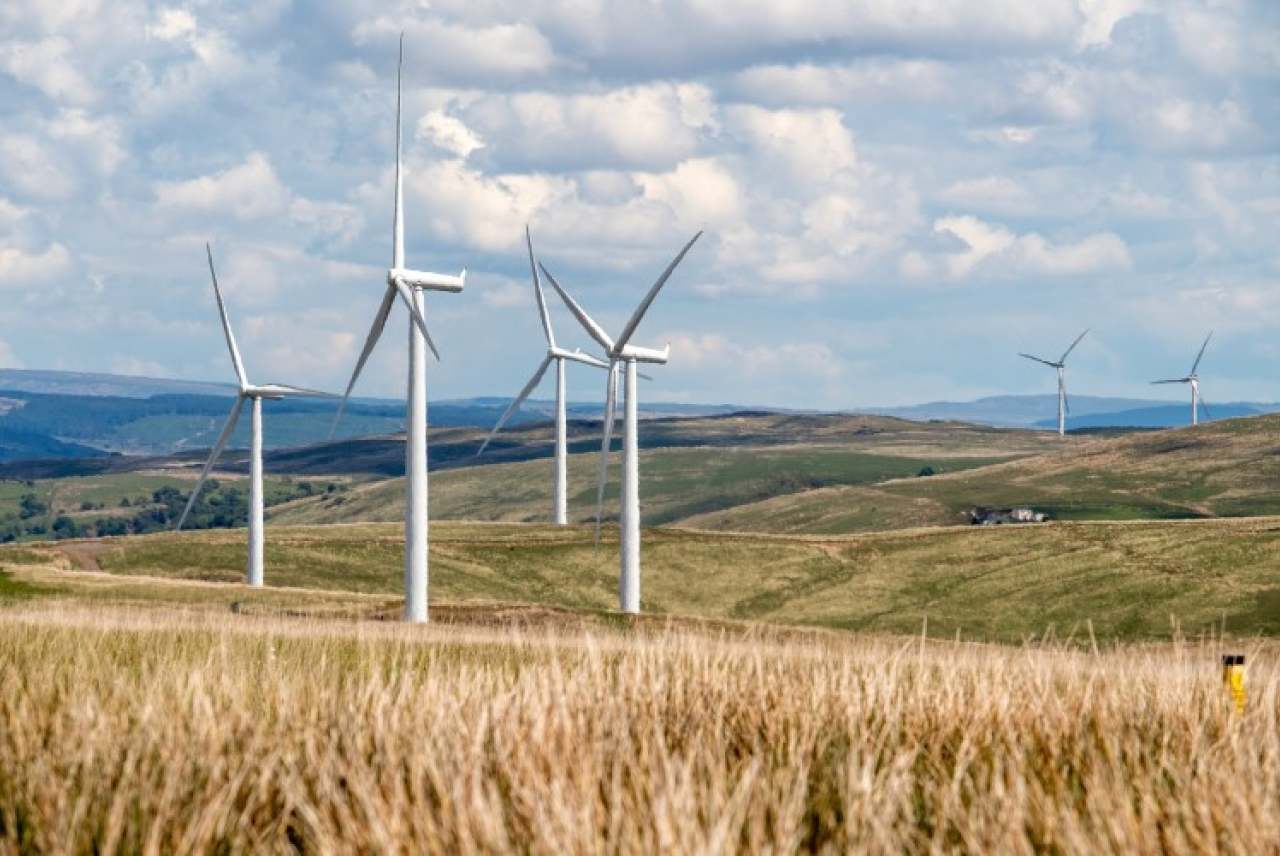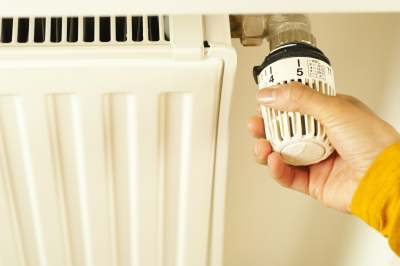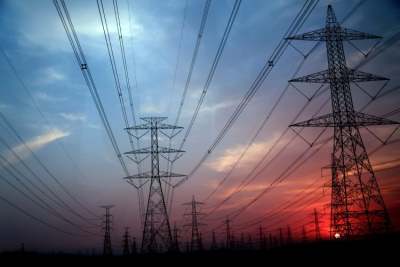The average UK household is now paying £2,500 for their energy a year – an increase of £500 in the last six months. Green suppliers are also affected.
Why are energy bills increasing?
Household energy prices are increasing across the board. The high costs are caused by soaring gas costs: wholesale gas prices have increased fourfold in the last 12 months.
Russia’s invasion of Ukraine has accelerated the crisis, as the world’s largest natural gas exporter. But gas costs were already on the rise before the invasion.
Gas is traded around the world, imported from country to country. This means that prices are linked to global supply and demand, and vulnerable to volatile world events (such as Russia’s invasion). In the years before Russia’s invasion, demand for gas was already rising in Asia. At the same time, supply was falling as Europe’s gas fields emptied and Russia’s largest gas company cut the amount it sold.
The UK government sets a maximum amount that suppliers can charge you for your tariff, known as the energy price cap. The cap partially protects us from volatile wholesale prices. But in April 2022, the government increased the cap by a massive 54% to better reflect the energy market.
In October, the cap was again set to increase, but the government instead introduced an energy price freeze, announcing that average UK bills would be capped at an average of £2,500 annually for the next two years. It’s worth noting that this is an average, and not a fixed price for your total bill: if you use more energy than the average household, you will be charged more than this.
The energy crisis has hit UK households worse than any other country in Western Europe. A huge 87% of UK homes still rely on gas. The UK also generates 40% of its electricity from gas, compared to only about 20% in the EU.
Underlying the crisis is our over-dependence on fossil fuels. Friends of the Earth says,
“For decades successive governments ... have missed opportunities to invest sufficiently in renewable energy. Had they prioritised clean energy and home insulation, the demand for gas to heat homes would be much lower and we’d be less exposed to current prices hikes.”









